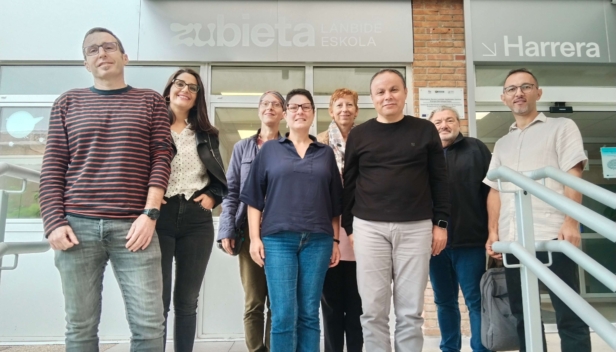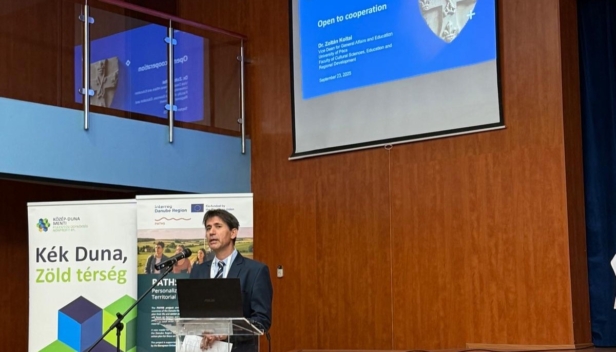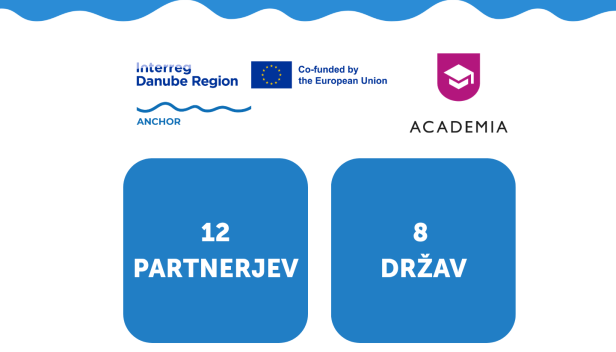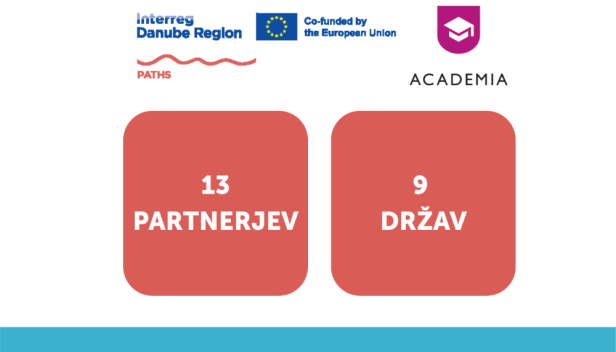eVETBikes: Learning about electric bikes for a greener future

Electric vehicles have become an inevitable part of modern technology and our daily lives. Before electric cars became so popular, we were already seeing a quiet but increasingly important trend – electric bicycles. At first glance, electric bicycles seem to be a simple replacement for traditional bicycles, but they have a number of specific needs and challenges that need to be addressed.
Some of these challenges are addressed by the eVETBikes project, which is part of the ERASMUS+ program and brings together 7 partners from 4 different countries. The lead partner is Hacettepe University (Turkey), and the other partners are EGO (Turkey), Guvercinlik Hasan Gulhan MTAL (Turkey), EU&PRO (Czech Republic), Liceul Tehnologic de Transporturi Auto Targoviste (Romania) and Academia (Slovenia).
Electric bicycles first started to appear in the early 2000s and reached mass production in 2012. They have become even more popular in recent years, especially due to the growing awareness of the climate crisis. This has increased the need for engineers, technicians, foremen, and other staff specialized in electric vehicles. Universities have successfully provided training for engineers and technicians, while vocational schools have been left behind.
It is recognized that the greatest need is for training personnel to service, maintain, repair, and replace spare parts of electric bicycles.

The results of the two-year partnership in the eVETBikes project will be:
- The creation and dissemination of an educational module will fill the gap in electric bicycle education in vocational schools.
- The developed training modules will enable vocational training institutions to start training vocational staff.
- The content of the training program will be adapted to vocational students in vocational schools so that the education they receive on electric bicycles is practically applicable.
- A teacher’s guide will be developed to meet the need for educational materials and resources on electric bicycles.
- An e-learning platform will be set up with a wealth of resources where users can educate themselves.
- To increase the employability of students in the field of servicing, maintenance, repair, and replacement of spare parts of electric bicycles, cooperation between educational institutions and industry will be developed.
- Awareness of the electric bicycle philosophy will be raised, focusing on environmental sustainability, air pollution, climate change, increased accessibility for people with disabilities, creating more social and active youth groups, etc.
“The eVETBikes project has the potential to open the door to a greener future through awareness raising, education and practices that will promote the use of electric bikes, sustainable mobility and environmental preservation.”





